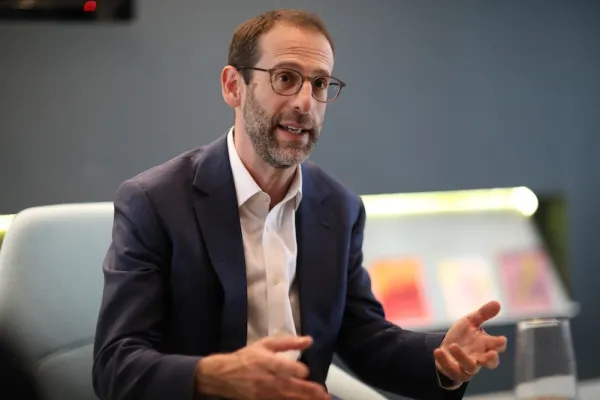A U.K. regulator has released a damning picture of events before 19,000 members of retailer BHS’s pension plan were left with a hole in their retirement security.
The Pensions Regulator said in a report Tuesday that the “main purpose” of the £1 ($1.28) sale of BHS by Philip Green’s Arcadia Group to Retail Acquisitions in 2015 was to “prevent a liability to the schemes falling due.” A year after the company was sold, it was insolvent.
The press office at Arcadia Group didn’t respond to an email seeking comment.
“When we learned that BHS had been sold, we immediately opened an investigation, with a view to establishing whether we should use our anti-avoidance powers,” the Pensions Regulator said in its report. “Given the funding position of the schemes and without an ongoing employer or the prospect of one, our investigation continued to seek to secure a better outcome for the BHS members than the schemes transferring to the Pension Protection Fund.”
The Pension Protection Fund is the U.K.’s lifeboat fund for defined benefit pension schemes of companies that become insolvent. In February, Green agreed to pay £363 million so the plan’s members will receive about 88 percent of the benefits they would have received under their old defined benefit scheme. The settlement was a better outcome for BHS employees than what was offered by the lifeboat fund.
Tony Groom, Chief Executive at K2 Partners, said the Pensions Regulator report has created the perception that Green and his companies were taking money out of the pension pot, when this was not the case. “It is important to strike a balance between the reputational issue, the moral outrage and the legal position,” he said.
Groom added that a regulatory change to how pensions calculate a surplus and deficit during the 2000s made the BHS pension provision look worse than it was. Former U.K. pensions minister Ros Altmann said that she felt the Pensions Regulator should have addressed the funding issue with the scheme long before BHS collapsed.
“To me, it suggests that the regulator probably should have done a lot more in 2012, possibly even before,” said Altmann, now a life peer in the House of Lords. “There didn’t seem to be a sense of urgency.”
The Pensions Regulator acknowledged in its report there was a need to review internal processes to work more efficiently. The watchdog said it was seeking to secure additional funding from the British government, with a view to recruiting additional staff to its case work team.
Despite her criticism, Altmann acknowledged that the regulator’s report Tuesday was thorough and “well produced.” She added that the BHS affair “won’t be the last” defined benefit scheme facing shortfalls.







